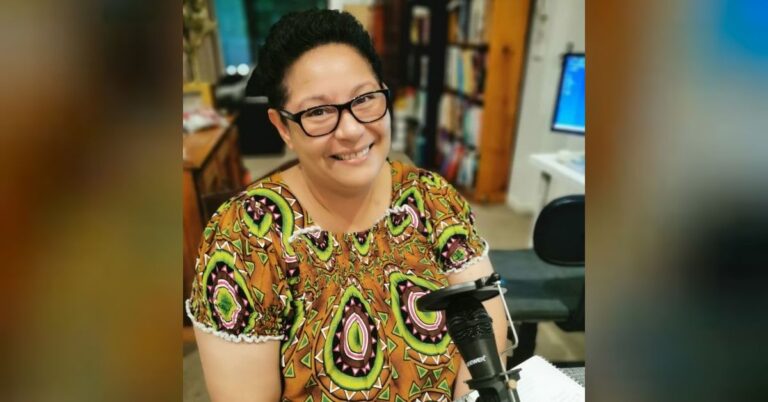The High Commissioner of Australia to Nigeria, Leilani Bin-Juda, has said the country is looking to welcome Nigerian students, adding that it is the best place in the world to study.
She said her country is particularly interested in scaling up the level of economic co-operation between the two countries, as well as, interested in ensuring that more prospective Nigerian students leverage on the excellent education infrastructures in Australia.
She said this during a reception tagged, ‘Study Australia Networking’ organized by the High Commission in Abuja last week.
She said, “Australia delivers a well-targeted development programme in Africa to help build food security and resilience, strengthen government capacity in key sectors, empower vulnerable communities, and share knowledge on climate adaptation and renewable energy.
“Our development cooperation programmes utilise Australian skills and technical expertise in education, agriculture, health, mining, and science and technology wherever possible. We ensure a strong focus on gender equality and disability inclusion across all of our activities and partnerships.
“Australia Awards Masters Scholarships and courses on climate adaptation and mitigation, and renewable energy, and Humanitarian funding to address food security, including in the Horn of Africa
“Deployments of Australian expertise through Australia Assists and the United Nations Junior Professional Officer Program, and Funding to ACIAR to expand agricultural and climate change related projects in Africa, and Digital Earth Africa, a tool mapping impacts of climate change across the continent.
“Australia’s engagement with Africa, particularly with Nigeria, reflects the diverse challenges and opportunities across the African continent. We are providing immediate, lifesaving humanitarian support for those impacted by devastating drought and conflict in the Horn of Africa and elsewhere, through our UN and Australian NGO partnerships.
“Through high quality education and training programs, and deployments of technical experts, we are helping African nations to build capabilities, including in climate change adaptation, climate-resilient agriculture and water security.
“We are also reaching communities in Africa, Nigeria, in particular, with assistance that helps them recover from the social and economic impacts of COVID-19, and creates safe and supportive environments for women and youth.”


